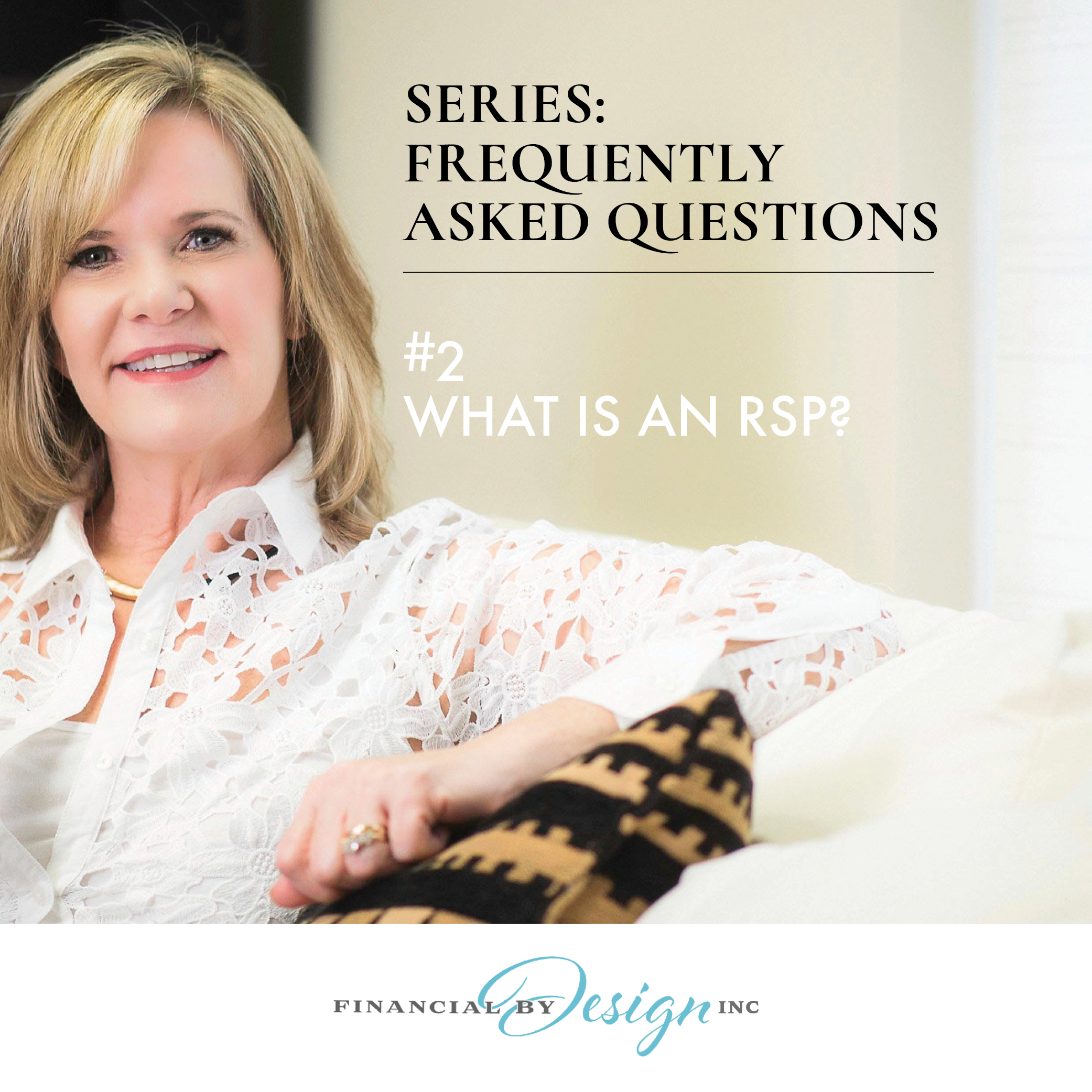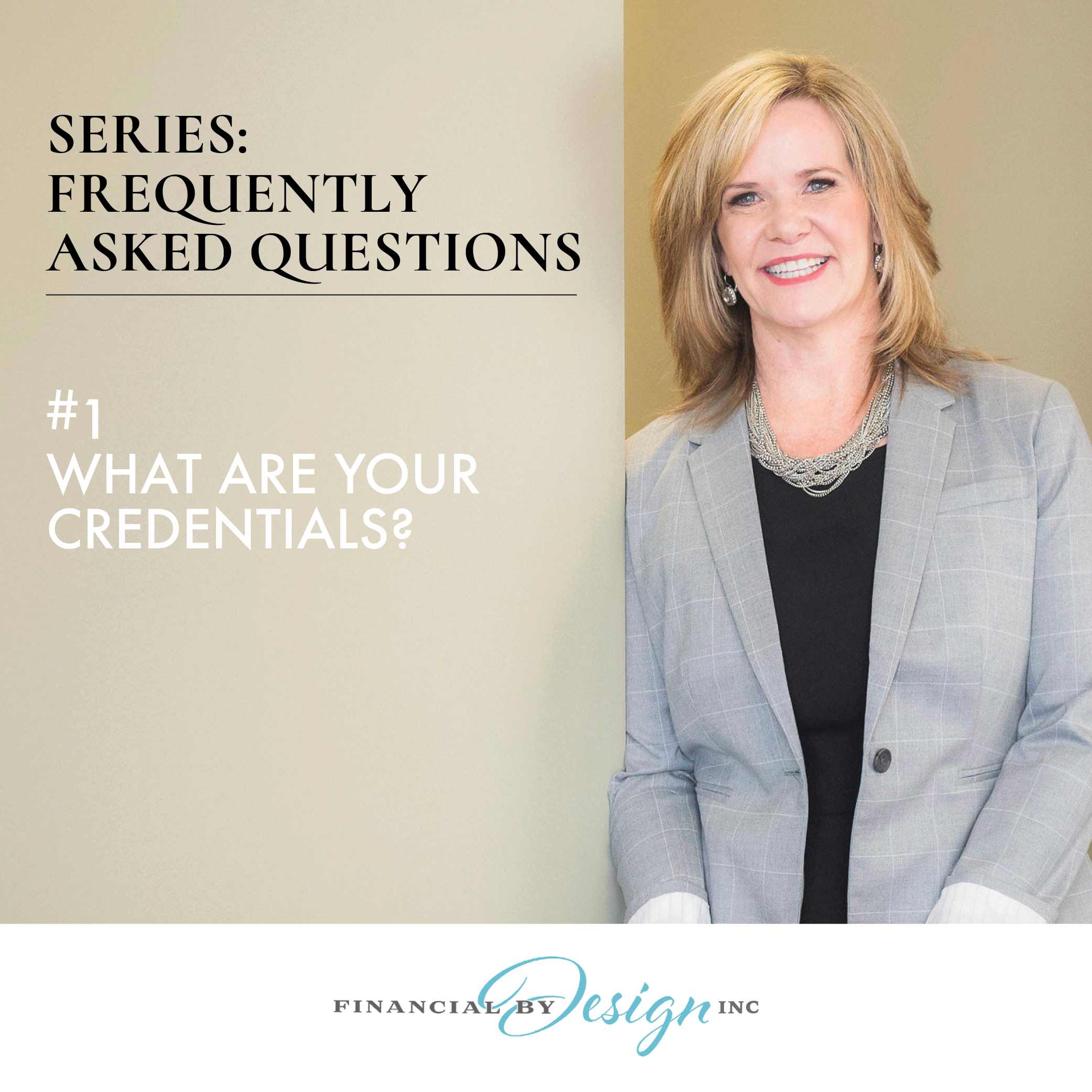Savings vs Investing
Lots of people have savings but many don't have investments, what's the difference?
💰 SAVING VS INVESTING 🏦
Lots of people have savings but many don't have investments, what's the difference?
Savings are something you use for a short term purchase - anywhere between 1 - 3 years, or for an emergency fund, typically this would be placed in a high interest savings account. Low interest but no volatility.
An investment is for longer term money, used for education, retirement or things that are 5-30 years away. Because you have more time you can use your money to work harder for you in an investment rather then a savings account.
Your investment may fluctuate with market volatility, however historically your rate of return will be higher than a savings account, helping your money to grow faster and therefore work harder for you.
Speak to an advisor about your risk tolerance and what type of long-term investments are best suited for you and your goals.
- Jodi
Education Matters
RESPs are one way to help prepare for your family's future.
Every child is different, so we plan for the
"what ifs".
RETIREMENT RULE OF THUMB
WANT A QUICK WAY TO KNOW IF YOU HAVE ENOUGH PUT AWAY TO RETIRE?
Add up your investments, look at an average rate of return for the type investments you own.
Example GIC's 2%,……..
Savings accounts for different purposes.
🏦 Regular Savings Account
This is where I keep any money that I plan to spend in the near future, such as a new laptop or Christmas gifts.
🚨Emergency Fund Savings Account
I keep 3 months of living expenses tucked away in case of emergencies like an expensive car repair.
💰 Tax-Free Investing Account
This is where I keep all of the money that I won't need to use for at least the next 2-4 years to grow tax free.
🧓🏻👵🏻Retirement Savings Account
Here I keep money I won't use until I retire.
🏦 Regular Savings Account
This is where I keep any money that I plan to spend in the near future, such as a new laptop or Christmas gifts.
🚨Emergency Fund Savings Account
I keep 3 months of living expenses tucked away in case of emergencies like an expensive car repair.
💰 Tax-Free Investing Account
This is where I keep all of the money that I won't need to use for at least the next 2-4 years to grow tax free.
🧓🏻👵🏻Retirement Savings Account
Here I keep money I won't use until I retire.
-Bonnie
DOLLAR COST AVERAGING
This is one of the best ways to invest over time. You simply invest the same amount of money through an automatic
This is one of the best ways to invest over time. You simply invest the same amount of money through an automatic withdrawal from your bank account each month or each pay period. The reason it works so well is that you are buying an investment at all different price points depending on what the market is doing and over time this can give you the best return possible, and it's way less stressful than trying to time the market. -Jodi
Frequently asked questions #6 - What type of clients do you work with?
Frequently asked questions #6 - What type of clients do you work with?
We have a very busy practice
however we do take referrals from existing clients.
Around our office we believe in
investing for success. The most
important thing to us is that you are completely comfortable with your investments. Part of that means understanding what you are invested in and what risks, if any, you are comfortable with.
We do have a process when
first meeting or taking on a new
client to ensure it is a good fit for everyone!
We love to see our clients succeed!
SERIES: FREQUENTLY ASKED QUESTIONS#5 - WHEN DO I HAVE A CAPITAL GAINAND WHAT IS AN ACB?(THIS IS FOR NON-REGISTERED ACCOUNTS ONLY)
SERIES: FREQUENTLY ASKED QUESTIONS
#5 - WHEN DO I HAVE A CAPITAL GAIN
AND WHAT IS AN ACB?
(THIS IS FOR NON-REGISTERED ACCOUNTS ONLY)
When you sell an investment that has increased
in value you may realize a capital gain. As an investor you realize this gain when you sell all or part of your investment.
The gain is calculated when you subtract the selling price of the investment from your ACB
(Adjusted Cost Base). The ACB isn't always the
purchase price but is the amount of the investment that has already been taxed.
If you've received a distribution from your
investment at any point when you have owned it
you will have been taxed on this in the year you
received it. This will then increase your ACB. This prevents you from being taxed twice on a gain.
You may also incur a capital gain if a fund manager sells an investment that has gone up in value. In this case the fund realizes a capital gain (which is calculated the same way as above), this gain flows through to the investors holding the fund.
As a result, you may receive a tax slip for these
gains even though you did not sell any of your
investment. This will increase your ACB so once again you will not be taxed twice on these gains.
Your ACB can change if you:
• Buy units of the same fund at different times.
Your cost will then be averaged out which will affect your ACB.
• You receive a distribution. It won't matter if
you receive this distribution or reinvest it,
you will still be taxed in the year you receive
it.
• You receive return of capital. This occurs if
your investment pays you a return of capital,
this portion is not taxable to you because
you're taking your own money out, therefore
when you sell your investment any return of
capital is subtracted from your AC which
will increase your capital gain.
Any questions please give us a call.
- Jodi
SERIES: FREQUENTLY ASKED QUESTIONS #4
SERIES: FREQUENTLY ASKED QUESTIONS #4
Do you still accept a cheque?
SERIES: FREQUENTLY ASKED QUESTIONS #3
WHAT IS A TFSA (TAX FREE SAVINGS ACCOUNT) ?
We have clients that have heard the name, but most people don't know exactly what it is. A common question around our office is "What is a TFSA?"
WHAT IS A TFSA (TAX FREE SAVINGS ACCOUNT) ?
We have clients that have heard the name, but most people don't know exactly what it is. A common question around our office is "What is a TFSA?" Usually followed by "I thought I could only invest it in a savings account.
Here's where I usually say "Pretend your TFSA is a box that can hold any type of investment and it can stay in that box tax free and you won't have to pay tax on anything you take out of the box" ... see it doesn't have to be confusing!
And I'm sure my clients are now nodding and saying yes, I've heard that one before.
- Jodi
We truly appreciate your testimonials 🥰
We truly appreciate your testimonials 🥰
We truly appreciate your testimonials 🥰
We both came away from our meeting with you this morning with a sense of relief knowing that you are looking after our investments and we are in good hands.
It is overwhelming for us to have so much money when we have made do on one salary for so many years. You have certainly eased our minds with your financial advice and the plan you have developed for us. Thank you
-J& A
SERIES: FREQUENTLY ASKED QUESTIONS #2
What is an RSP?
We love what we do, and we love to
make the complicated easy to understand
I get A LOT of questions regarding types of investment plans. People will come in..
What is an RSP?
We love what we do, and we love to
make the complicated easy to understand
I get A LOT of questions regarding types of investment plans. People will come in to see us for the first time, we will be chatting about things like their investment experience and investments they currently own and inevitably this is how it goes:
They'll say:
"I have a RRSP" and I'll say so what is it invested in and 95% of the time they will say: "I don't know it's a RRSP"
Here's the thing ... a RRSP is just an investment vehicle, a type of account.
Here's how I like to describe it:
I like to say it's just a box. Picture types of plans as boxes. You can have a RRSP (Registered Retirement Savings Plan) box, a REP (Registered Education Savings Plan) box, a TPSA (Tax Free Savings Account) box etc. Any type of investment can go into any of these boxes. Let's take a RRSP as our example:
A RRSP is a box that almost any type of investment can go into. You put your money in that box and you get a tax break. That box gets tucked under your bed and you take it out at retirement. Anything you take out of the box is taxed in the year you take it out ... Pretty simple right?
IT'S JUST A BOX! 📦
As always let us know if you have any questions or if you want to learn more
- Jodi
SERIES: FREQUENTLY ASKED QUESTIONS #1 WHAT ARE YOUR CREDENTIALS?
SERIES: FREQUENTLY ASKED QUESTIONS #1 WHAT ARE YOUR CREDENTIALS?
I am a Certified Financial Planner. 2022 marks my 21st year as Certified Financial Planner. Although I've been in this business for 25 years now, 21 Years ago
I am a Certified Financial Planner. 2022 marks my 21st year as Certified Financial Planner. Although I've been in this business for 25 years now, 21 Years ago I decided to go the added mile for my clients and myself and take the education to become a certified specialist in financial planning. It was one of the most challenging periods of my life, taking courses with a young family at home, while being in the office full time, but so worth it.
CFP's follow a strict code of ethics and must maintain many hours of continuing education each year.
To learn more about what a CFP can do for you and what it means to me, please see the following links:
Benefits of working with a financial professional (swift to see attached photos)
Video - What is a Financial Planner? https://www.financialplanningforcanadians.ca/financial-planning/what-is-a-financial-planner (link also in bio)
- Jodi Dark
Budget Highlight! 🚗 🔌
Budget Highlight! 🚗 🔌
#budget #zev #zevtech #zevtechnologies #zeroemissionvehicle #zeroemission #cartalk
Anti-Flipping taxes 💰
Anti-Flipping taxes 💰
Profits on sale of residential property held for less than 12 months would be taxed as business income for properties sold on or after January 1st 2023





































